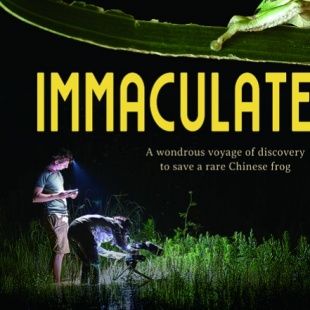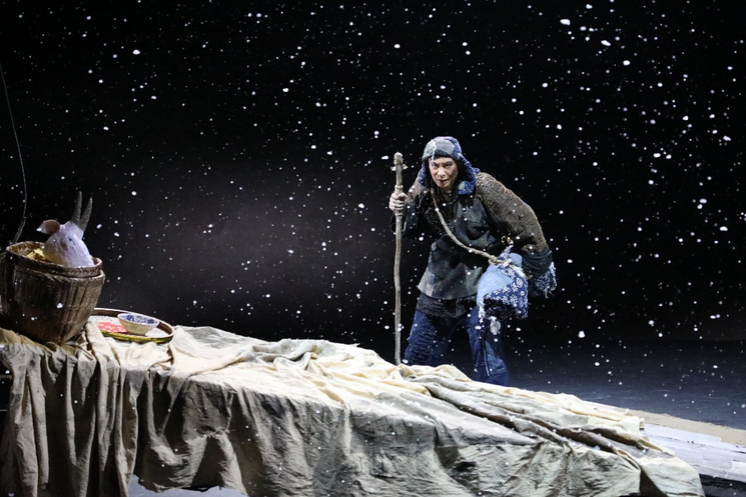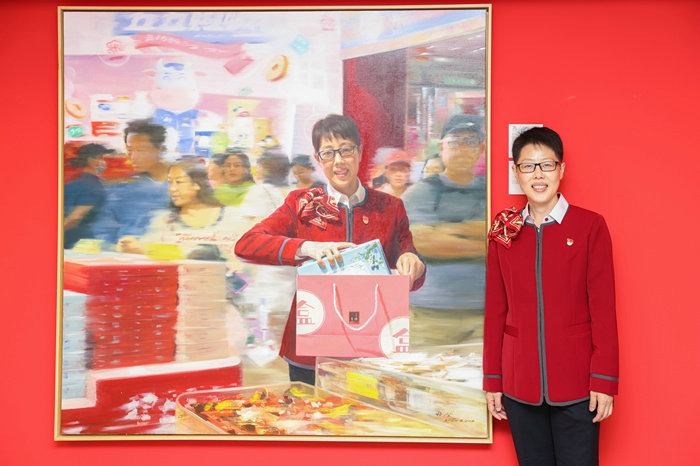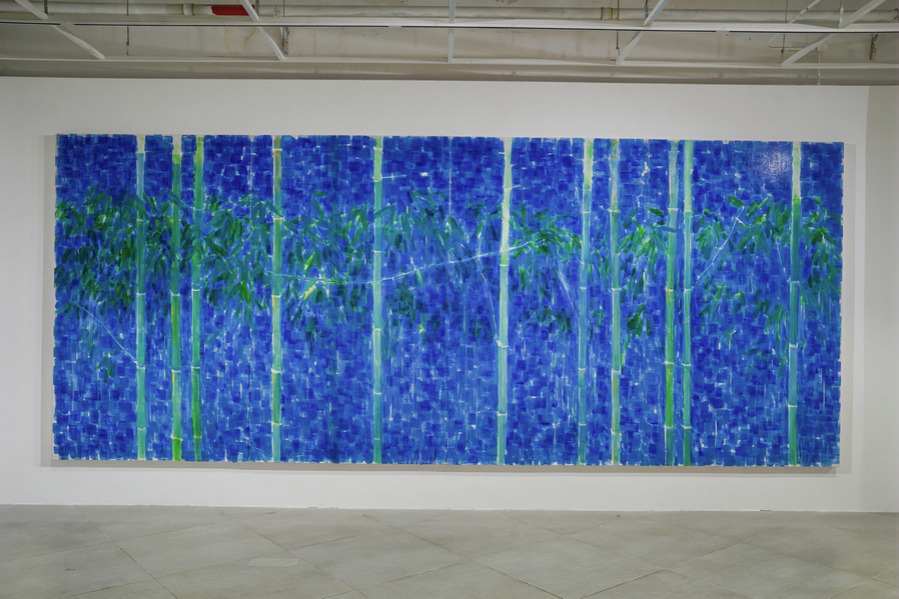Saving endangered tree frog


The team carefully transported the frogs to Borzee's laboratory, where they laid around 70 eggs. Borzee then released the couple back into the rice field where they were found.
The fertilized eggs soon developed into lively tadpoles. Some of them were nurtured in Borzee's laboratory and would eventually be released into their natural habitat once they matured into frogs. Another group was relocated to a conservation center in Shanghai, where they were raised in a semi-natural setting, awaiting reintroduction into their native environment.
One of the reasons Wang chose the Chinese immaculate tree frog for her documentary was to raise awareness about lesser-known species.
She noted that amphibians like the Chinese immaculate tree frog are often overlooked compared to larger, more charismatic wild animals. However, these amphibians are more vulnerable to climate change and have closer relationships with humans, as we are more likely to encounter them in our daily lives.
"In this film, the stories of humans and animals are interconnected through the seemingly inconspicuous tree frogs. In fact, it could be any other animal, plant, or microorganism," said Wang.
The Chinese title of this documentary is Yu Wa, which translates to "with the frogs". Through this title, Wang aims to convey that human existence and survival are closely intertwined with our environment and the species that coexist with us.
"As long as you are willing to spend some time observing them, you will discover that our connection with nature is far deeper than we might imagine," she said.






































